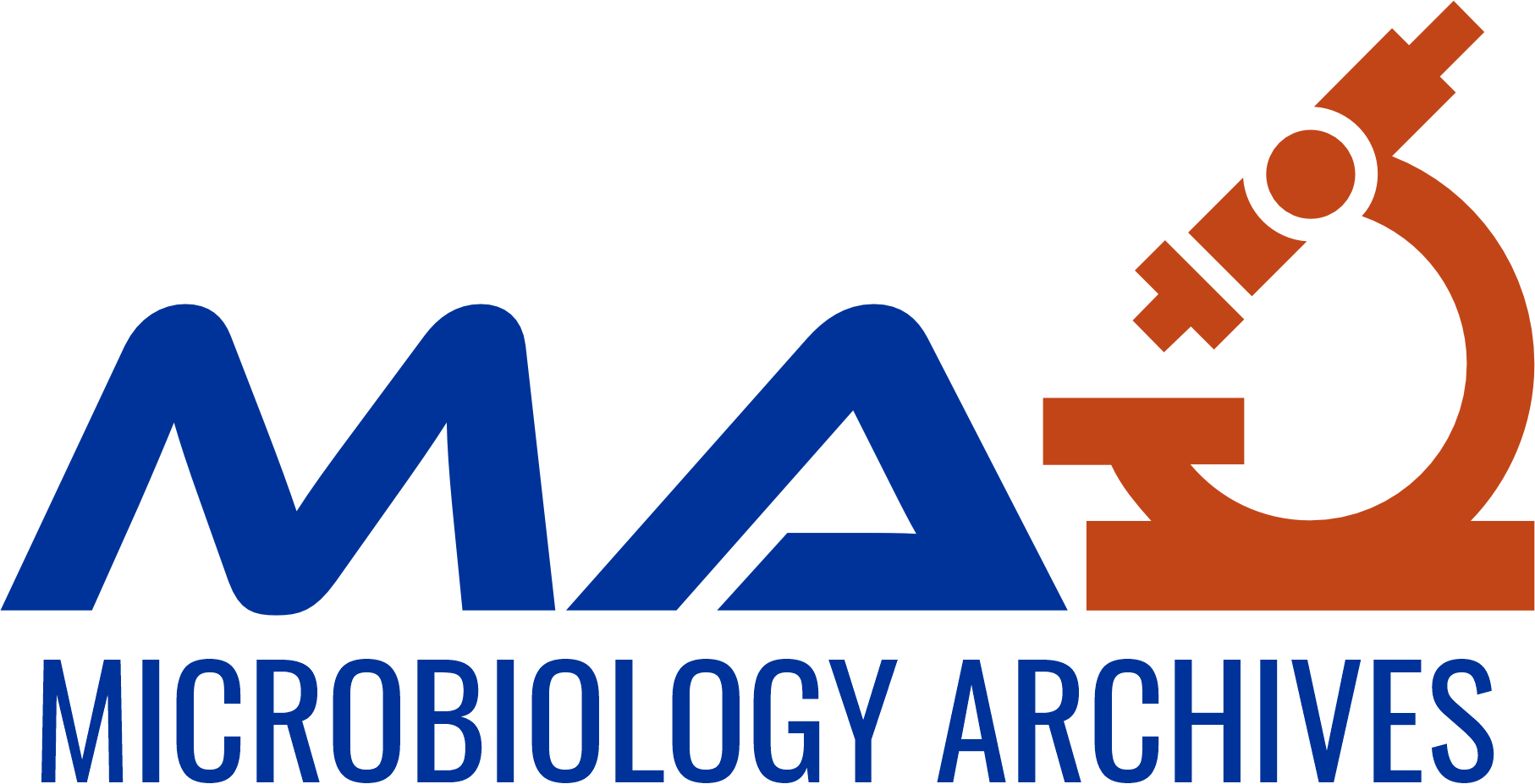Journal Policies
Microbiology Archives: An International Journal upholds a commitment to the highest standards in research ethics, peer review, and transparency. Our policies are designed to ensure rigorous scientific integrity, inclusivity, and the fair dissemination of high-quality research across the global microbiology community.
Journal Policies (Expanded Explanations)
1. Editorial and Peer Review Policy
Microbiology Archives: An International Journal uses a rigorous, double-blind peer review process to uphold high standards of scientific rigor and objectivity. Each manuscript is carefully evaluated by expert reviewers who provide constructive feedback based on the paper’s originality, quality, and relevance. This process helps ensure that all published work contributes meaningfully to the field of microbiology. Editors facilitate the review process by selecting qualified reviewers, addressing any conflicts of interest, and ensuring fairness throughout. To promote transparency, the journal also allows authors to suggest reviewers, though final selection remains the editor’s responsibility. The editorial team is committed to a timely and efficient review process, aiming for initial decisions within a few weeks. This policy helps maintain high-quality research dissemination and fosters a culture of excellence and innovation within the microbiology community. Additionally, our editorial team undergoes regular training to stay current with ethical guidelines and best practices, ensuring that they can identify and address ethical issues and conflicts. We uphold reviewer anonymity to support unbiased feedback, and all reviewers and editors must disclose conflicts of interest, recusing themselves if necessary, to maintain objectivity and integrity in the journal’s publishing process.
2. Open Access Policy
Microbiology Archives is an open-access journal, which means that all published articles are freely available to readers worldwide without subscription fees. This model democratizes access to scientific knowledge, allowing anyone, from researchers to the general public, to read, download, and share articles without restrictions. Open access supports the journal’s mission to increase the visibility, reach, and impact of research in microbiology, promoting scientific exchange and progress. Authors retain copyright of their work under a Creative Commons license, granting them control over their content and encouraging broader dissemination. Open access also aligns with the principles of transparency and accessibility, ensuring that research findings are not confined to academic circles but can inform public health, policy, and education. Additionally, open access publication enhances citation rates and author impact by making articles accessible to a wider audience. Although open-access journals typically involve an Article Processing Charge (APC) to cover publication costs, Microbiology Archives is committed to providing waivers or discounts for authors from low-income countries, ensuring inclusivity and supporting researchers worldwide in sharing their important findings.
3. Research Ethics and Integrity
Ethical research practices are foundational to Microbiology Archives. The journal mandates that all research involving humans, animals, or hazardous materials meets the highest ethical standards as outlined by international guidelines. Studies involving human participants or animal subjects must provide evidence of ethical approval from institutional review boards or equivalent oversight bodies, ensuring the safety and rights of subjects are protected. Authors are expected to maintain integrity by reporting findings honestly and accurately, avoiding fabrication, falsification, or selective reporting. The journal’s commitment to ethics extends to transparency in study design, data analysis, and interpretation, helping readers trust the findings’ reliability. Misconduct, such as plagiarism or data manipulation, is taken seriously, with stringent protocols in place to address violations. Our editorial team follows COPE (Committee on Publication Ethics) guidelines to handle potential ethical issues, ensuring that any cases of misconduct are investigated thoroughly and fairly. This policy upholds the journal’s reputation and contributes to the advancement of microbiology research by ensuring that published work is credible, reproducible, and ethically sound.
4. Conflict of Interest and Funding Transparency
To ensure objectivity, Microbiology Archives requires full disclosure of any conflicts of interest from authors, reviewers, and editors. Conflicts may include financial interests, personal relationships, or affiliations that could bias the research outcomes or interpretations. By requiring transparency, the journal aims to eliminate potential biases that could compromise the integrity of the research. Authors are also required to disclose all sources of funding, providing transparency about who supported the research and whether funders influenced the study design, data interpretation, or publication decision. This policy ensures that readers can trust the research’s credibility and allows them to consider potential influences on the work. Funding information is included in the article’s acknowledgments, reinforcing accountability. Our editorial team ensures that any disclosed conflicts are managed appropriately, whether by assigning impartial reviewers or requiring further clarification from the authors. This transparency is essential to maintaining the journal’s ethical standards and building trust with the scientific community and readership.
5. Data Sharing and Reproducibility
Recognizing the importance of transparency, Microbiology Archives encourages authors to make their data available for peer verification and future research. Data sharing supports reproducibility and allows other researchers to confirm findings or build upon the work. Authors are urged to submit datasets, protocols, and supplementary materials to repositories that align with FAIR (Findable, Accessible, Interoperable, and Reusable) principles, ensuring that the data remains accessible and usable over time. For studies where data sharing is restricted (e.g., patient confidentiality or proprietary data), authors must provide an explanation. The journal’s commitment to reproducibility also includes encouraging rigorous experimental designs and robust statistical analyses, helping to ensure that published findings are reliable and reproducible. By promoting data sharing, Microbiology Archives fosters a collaborative scientific environment, supporting transparency and enabling further discovery. This policy not only strengthens the validity of research findings but also builds confidence in the microbiology field, encouraging ethical practices that benefit both science and society.
6. Authorship and Contributions
Clear authorship guidelines are essential to ensuring accountability and recognizing the individuals who made meaningful contributions to a research project. Microbiology Archives follows international standards for authorship, requiring that each listed author contributed significantly to the research, whether in conception, design, data collection, analysis, or interpretation. Authors are encouraged to submit a detailed contribution statement specifying each author’s role in the study, which helps prevent issues related to honorary or ghost authorship and ensures that credit is given fairly. Any changes to authorship after submission require agreement from all authors, maintaining transparency and accountability throughout the publication process. The journal also supports the acknowledgment of contributors who may not meet full authorship criteria, such as those who assisted with technical aspects or data collection, by listing them in the acknowledgments section. By clarifying authorship roles and contributions, Microbiology Archives upholds ethical publishing standards and ensures fair recognition for all involved in the research process.
7. Plagiarism and Misconduct Policy
Microbiology Archives has a zero-tolerance policy for plagiarism and research misconduct, underscoring the journal’s commitment to integrity. All submitted manuscripts are screened using advanced plagiarism detection software to identify any unoriginal content, ensuring that authors are presenting authentic and original research. If plagiarism or other forms of misconduct, such as data fabrication, manipulation, or duplicate publication, are detected, the manuscript is subject to rejection. Cases of suspected misconduct are managed following the Committee on Publication Ethics (COPE) guidelines, and if misconduct is confirmed post-publication, appropriate corrective actions, such as retraction or correction, are implemented. Authors, reviewers, and editors are all expected to uphold ethical practices, and any concerns raised about misconduct during peer review are investigated thoroughly and confidentially. This policy safeguards the journal’s reputation and the integrity of published research, promoting ethical standards that protect readers, authors, and the broader scientific community.
8. Correction and Retraction Policy
Accuracy is paramount at Microbiology Archives, and the journal has established clear procedures for correcting errors in published articles. Minor errors, such as typographical mistakes, are corrected through errata, while more significant issues, such as methodological flaws or data inaccuracies, may require formal corrections or even retractions. Corrections and retractions are promptly issued in cases where errors might mislead readers or impact scientific understanding. The journal’s retraction policy aligns with COPE guidelines, ensuring that retractions are fully documented and accessible to readers, maintaining transparency in the scientific record. Authors are expected to notify the editorial team if errors are discovered in their work post-publication, and the journal handles all corrections and retractions in a way that preserves the integrity and credibility of the research. This policy reassures readers that the journal prioritizes accurate, reliable, and honest reporting, reinforcing its commitment to quality and trustworthiness in scientific publishing.
Join us in our efforts to shape a sustainable future through research and innovation.








